63rd Goa Liberation Day: Celebrating Freedom and Unity in India’s Paradise
Table of Contents
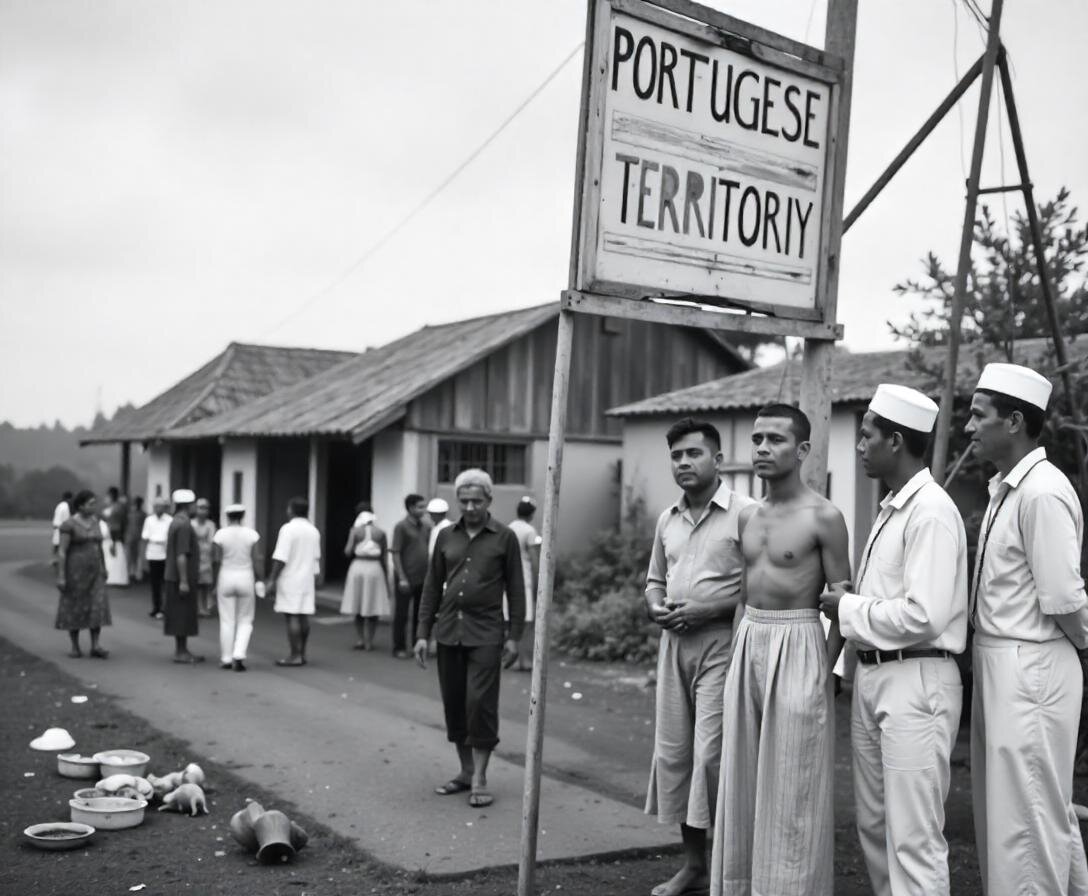
An important period in India’s history is commemorated annually on December 19th as Goa Liberation Day. It honors the day that more than 450 years of colonial dominance came to an end in 1961 when Goa, Daman, and Diu were freed from Portuguese dominion. The rich history of Goa, its fight for independence, and its admission into the Indian Union are all commemorated on this day.
The rich history of Goa, its fight for independence, and its admission into the Indian Union are all commemorated on this day.
This blog explores the meaning of Goa Liberation Day, the occasions that led up to this momentous occasion, and the ways in which the state embraces its heritage of freedom while celebrating its distinct character.
A Glimpse into Goa’s Colonial Past
The Portuguese arrived in Goa in 1510, making it a vital hub for their maritime empire. Over the centuries, Goa became a melting pot of cultures, blending Indian and European influences. However, the Portuguese regime was marked by strict control and a resistance to relinquishing power, even after India gained independence in 1947.
While the rest of India celebrated its freedom, Goa’s fight for liberation continued. The Portuguese refused to leave, citing their long-standing presence and Goa’s strategic importance. This set the stage for a prolonged struggle that would eventually culminate in liberation.
The Struggle for Liberation
Peaceful Protests and Resistance
Goans were not silent in the face of colonial rule. Inspired by India’s independence movement, leaders like Dr. T.B. Cunha, Ram Manohar Lohia, and others spearheaded peaceful protests and demanded Goa’s freedom. The 1946 mass civil disobedience movement in Margao was a turning point, igniting widespread support for the cause.
Operation Vijay: The Final Push
By the 1950s, diplomatic efforts to negotiate Goa’s freedom had failed. In 1961, the Indian government launched Operation Vijay, a military campaign to liberate Goa. The operation lasted for 36 hours, with minimal casualties, and ended with the Portuguese surrendering on December 19, 1961. Goa, along with Daman and Diu, officially became a part of India.
Significance of Goa Liberation Day
Goa Liberation Day is more than just a historical event; it is a celebration of freedom, unity, and resilience. For Goans, it symbolizes the triumph of justice over oppression and the preservation of their cultural identity within the Indian framework.
Cultural Heritage
Despite its colonial past, Goa has retained its unique blend of Indian and Portuguese cultures. From architecture and cuisine to festivals and traditions, Goa’s heritage is a testament to its ability to embrace diversity.
Unity in Diversity
The liberation movement brought together people from different walks of life, united by a shared vision of freedom. This spirit of unity continues to define Goa, where communities coexist harmoniously.
How Goa Celebrates Liberation Day
Goa Liberation Day is a public holiday, marked by vibrant celebrations and tributes to the state’s rich history. Here’s how the day unfolds:
Ceremonial Events
- Flag Hoisting and Parades: The day begins with the hoisting of the Indian flag and parades showcasing the valor of those who fought for Goa’s freedom.
- Wreath-Laying Ceremonies: Tributes are paid to freedom fighters at memorials across the state.
Cultural Programs
Cultural events, including traditional dances, music performances, and exhibitions, highlight Goa’s rich heritage. Schools and colleges organize debates, essay competitions, and plays to educate younger generations about the importance of this day.
Sports and Competitions
Sports tournaments and community activities bring people together, fostering a sense of camaraderie and pride.
Goa’s Journey Post-Liberation
Since its liberation, Goa has transformed into one of India’s most prosperous and sought-after destinations. Known for its stunning beaches, vibrant nightlife, and historical landmarks, Goa attracts millions of tourists annually.
However, Goa’s progress extends beyond tourism. The state boasts a high literacy rate, robust infrastructure, and a thriving economy driven by agriculture, fisheries, and industrial development.
Preserving Identity
Even as Goa embraces modernization, it remains committed to preserving its cultural identity. Initiatives to restore historical sites, promote traditional art forms, and celebrate local festivals reflect this commitment.
Lessons from Goa Liberation Day
Goa Liberation Day serves as a reminder of the power of resilience and unity in overcoming challenges. It teaches us to cherish our freedom, honor those who fought for it, and work toward a future that respects diversity and fosters inclusivity.
Looking Ahead: Goa’s Role in Modern India
As Goa continues to evolve, its role in India’s socio-economic and cultural landscape grows stronger. From being a beacon of sustainable tourism to promoting cultural diplomacy, Goa is setting benchmarks for other states to follow.
A Call to Action
Goa Liberation Day inspires not just Goans but all Indians to value their heritage and contribute to the nation’s progress. It is a day to reflect on the sacrifices of the past and commit to building a future rooted in freedom, justice, and unity.
Conclusion: Celebrating Goa’s Spirit of Freedom
Goa Liberation Day is a celebration of a state that embodies resilience, unity, and cultural richness. It’s a day to honor the sacrifices of those who fought for freedom and to celebrate the vibrant identity that makes Goa India’s paradise.
As Goa moves forward, it continues to inspire with its story of liberation, reminding us all of the enduring power of hope, courage, and unity. Whether you’re a Goan or an admirer of its beauty, Goa Liberation Day is a moment to reflect, rejoice, and renew our commitment to the values that define this incredible state.
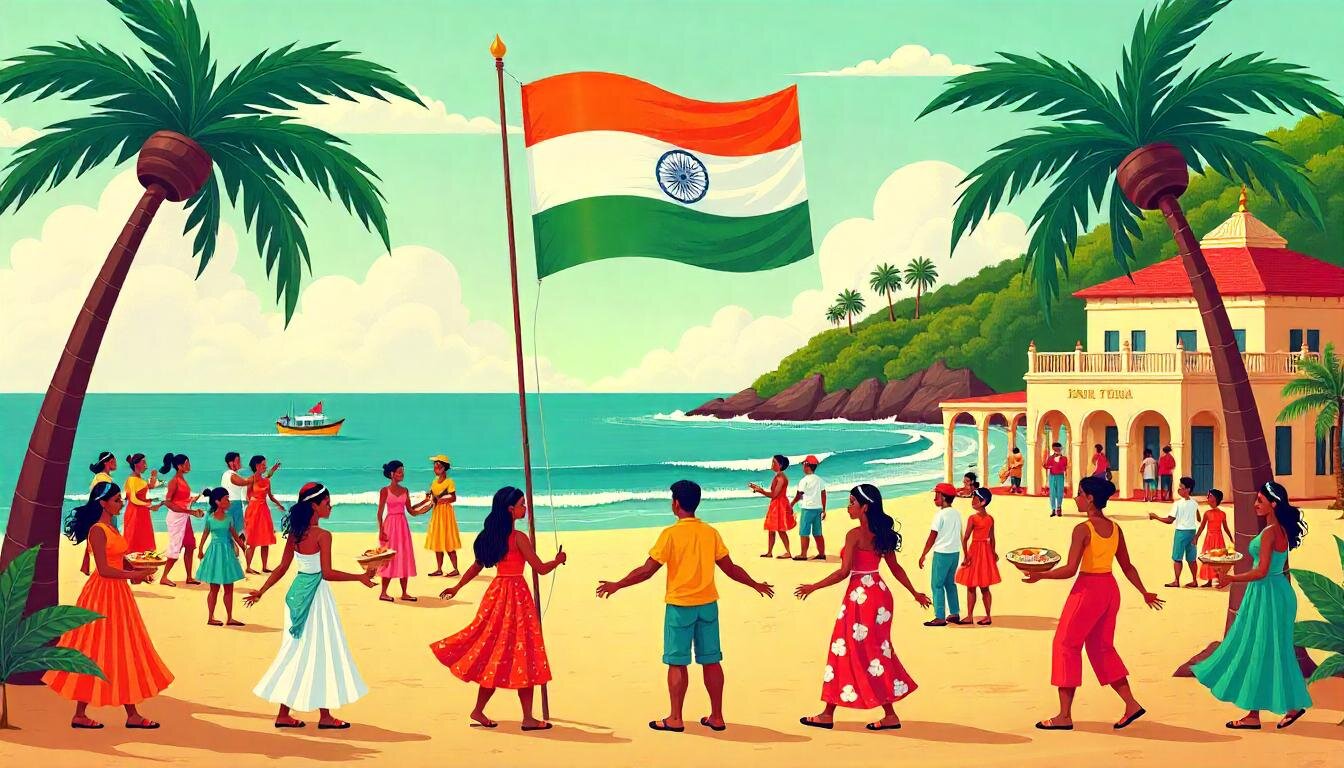
For more interesting stories: “Federal Reserve’s Bold Rate Cuts: Igniting Economic Growth and Shaping a Prosperous Future” 63rd Goa Liberation Day: Celebrating Freedom and Unity in India’s Paradise.
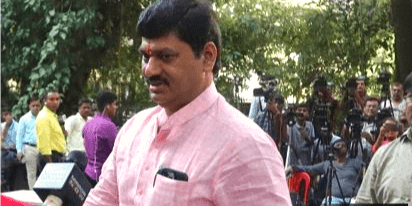
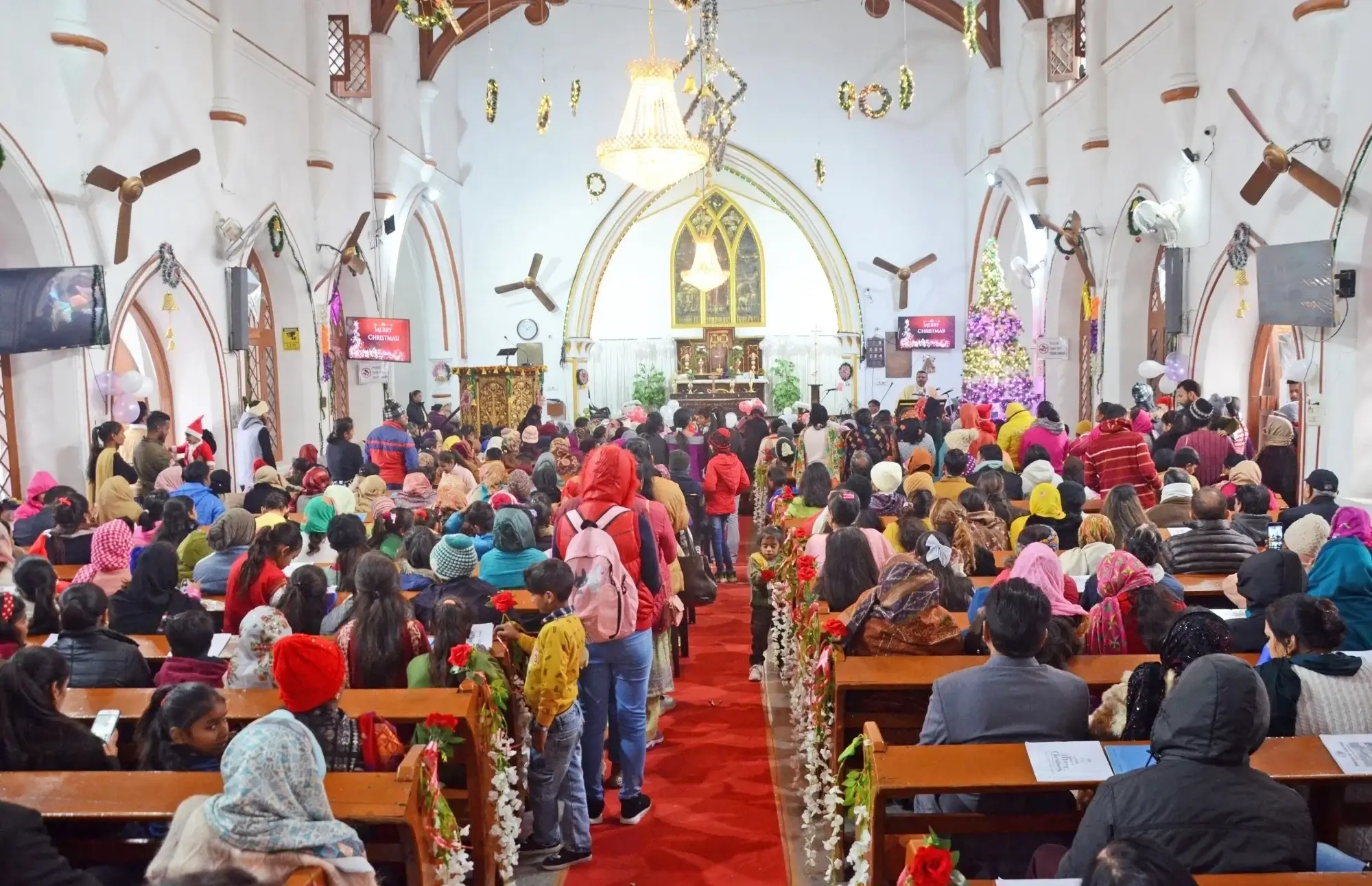

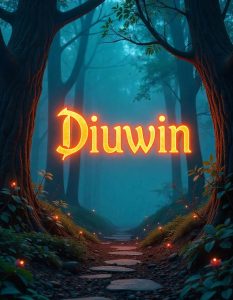
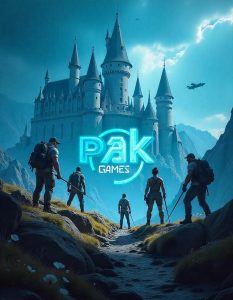
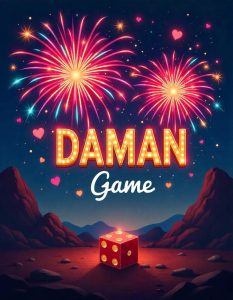

Post Comment